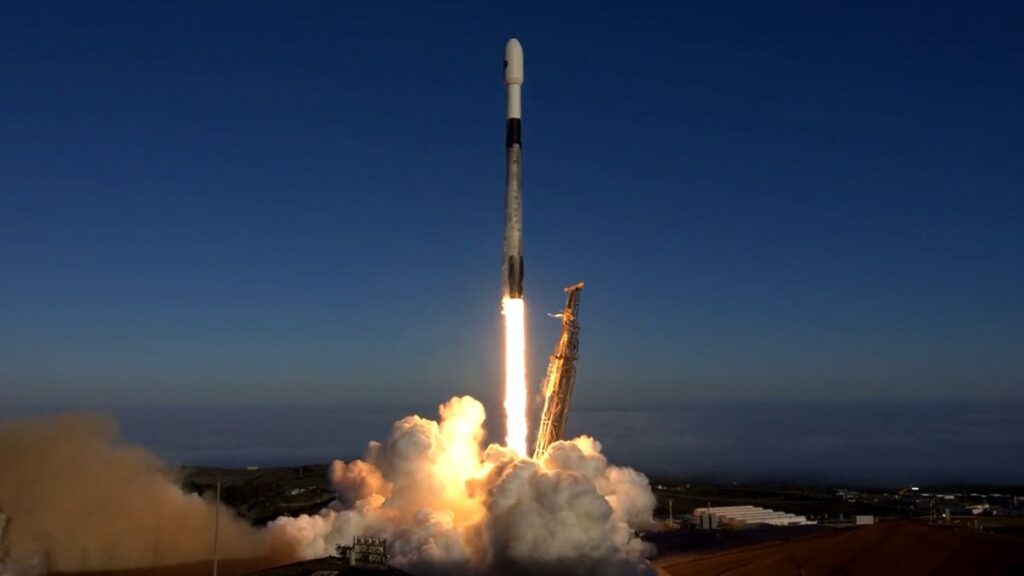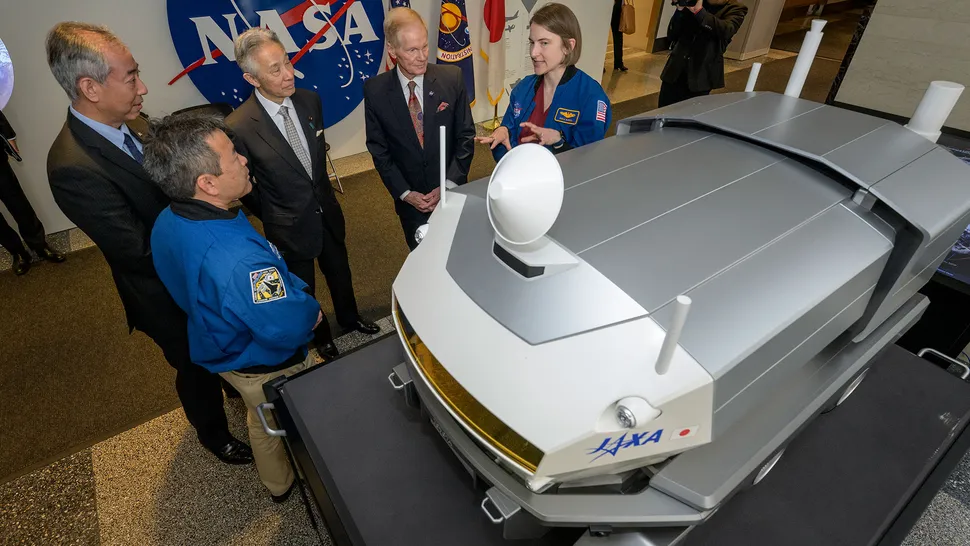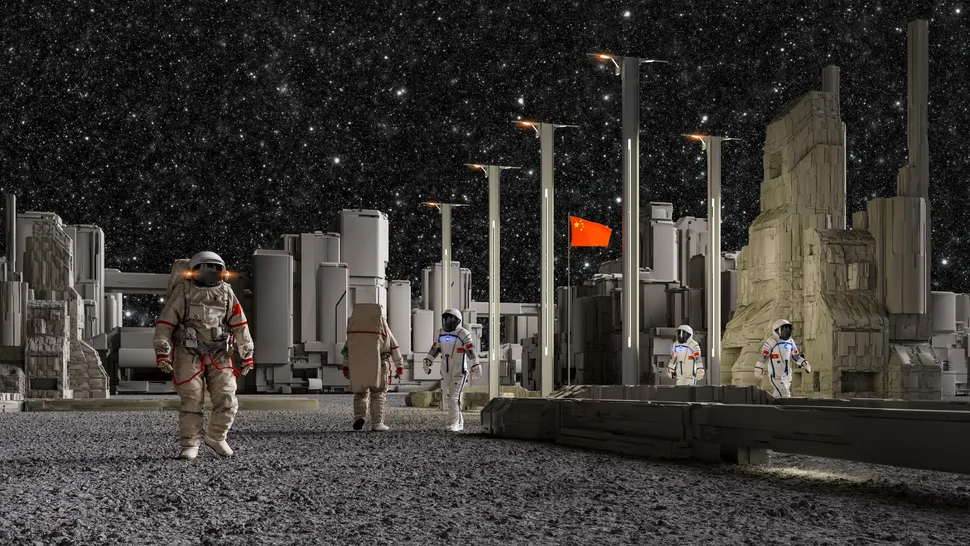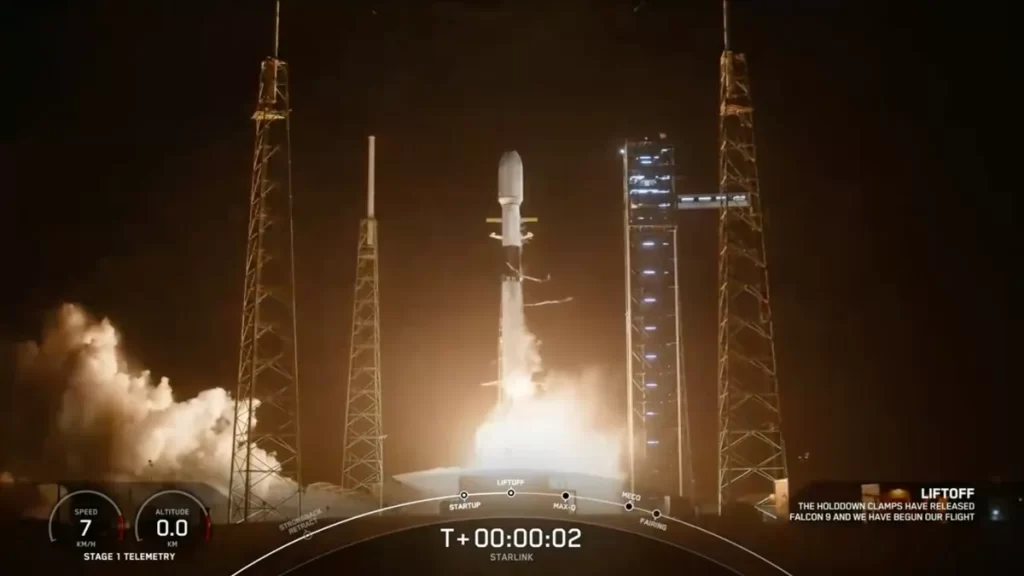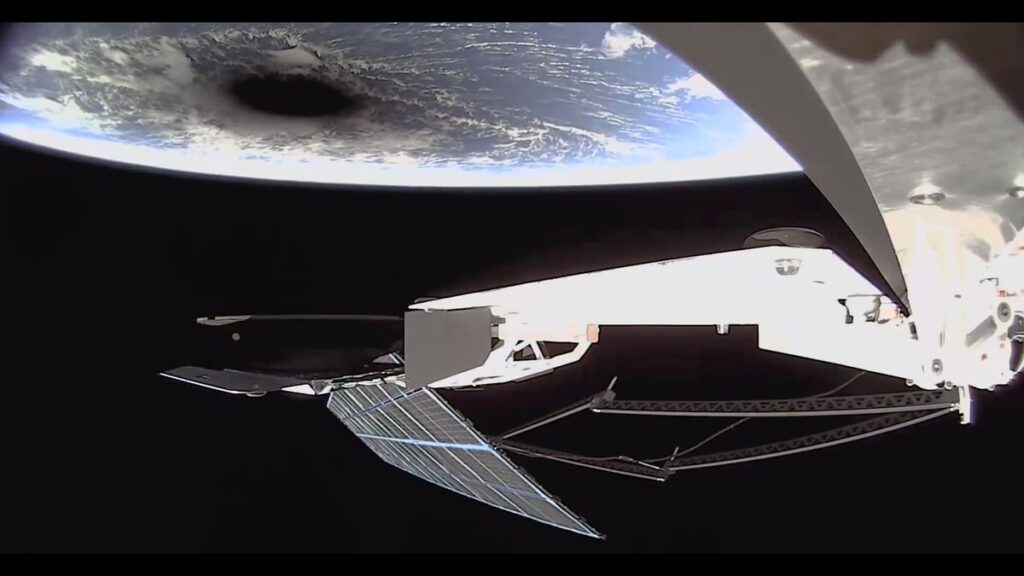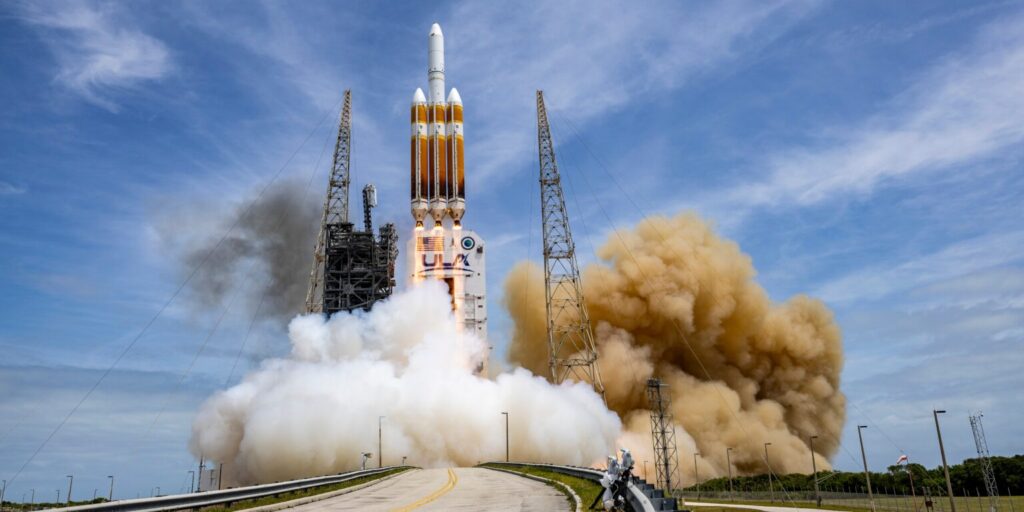Ghana Space News
SpaceX launched its second national security mission of the year Thursday (April 11). A Falcon 9 rocket lifted off from California’s Vandenberg Space Force Base at 10:25 a.m. EDT (7:25 a.m. local California time; 1425 GMT), on a mission for the U.S. Space Force called USSF-62. USSF-62 will...
A lucky Japanese astronaut will become the first non-American to set foot on the Moon during one of NASA’s upcoming Artemis missions, US President Joe Biden announced Wednesday. The offer to Japan — an opportunity many nations have long dreamed of — came as part of Prime Minister Fumio...
The United States must harness emerging technological capabilities if it wants to avoid losing a future conflict against its adversaries, the head of U.S. Space Force warned. Gen. B. Chance Saltzman, Chief of Space Operations for the U.S. Space Force, gave a speech at the Space Foundation’s...
China is ratcheting up its space capabilities at an impressive clip, with an eye toward challenging the United States’ long-held supremacy in the final frontier, U.S. officials say. That supremacy was established in dramatic fashion in 1969, when NASA’s Apollo 11 touched down on the moon...
Hundreds of thousands of pristine meteorites are currently littered across, or just below, Antarctica’s icy surface. But most of these space rocks could be lost forever over the next few decades as they sink further into the ice due to rising temperatures, a new study suggests. That means we...
SpaceX launched another batch of its Starlink internet satellites to orbit early Wednesday morning (April 10). A Falcon 9 rocket carrying 23 Starlink spacecraft lifted off from Cape Canaveral Space Force Station in Florida on Wednesday at 1:40 a.m. EDT (0540 GMT). About 8.5 minutes later, the...
Brigadier Hillary Kipkosgey, the Acting Director General of the Kenya Space Agency (KSA), hosted Mr Hu Zhaobin, the Deputy Director General of the Deep Space Exploration Laboratory (DSEL), who led a delegation from DSEL and the Chinese National Space Administration (CNSA) today. The visit aimed to...
Satellites saw the moon’s shadow from space on Monday (April 8). The 2024 total solar eclipse was visible in parts of the United States, Canada and Mexico on that day, thrilling millions of spectators across North America — and from space, satellites could see the shadow of the moon falling...
The last flight of a Delta rocket lifted off today from Cape Canaveral Space Force Station, bringing to an end more than 60 years of service. The rocket evolved considerably over those decades and this version, Delta IV Heavy, for many years was the most powerful in the U.S. fleet. Carrying a...

